
SDG Localization in China’s provinces, a new study for the academic and policy debate
According to the global 2020 SDG Index, China ranks 48th out of 166 countries in terms of SDG performances, with a score of 73.9. At the national level, this suggests a capacity of balancing different aspects of development, exploiting their synergies and reducing the trade-offs. Yet, the strong heterogeneity in the level and type of […]
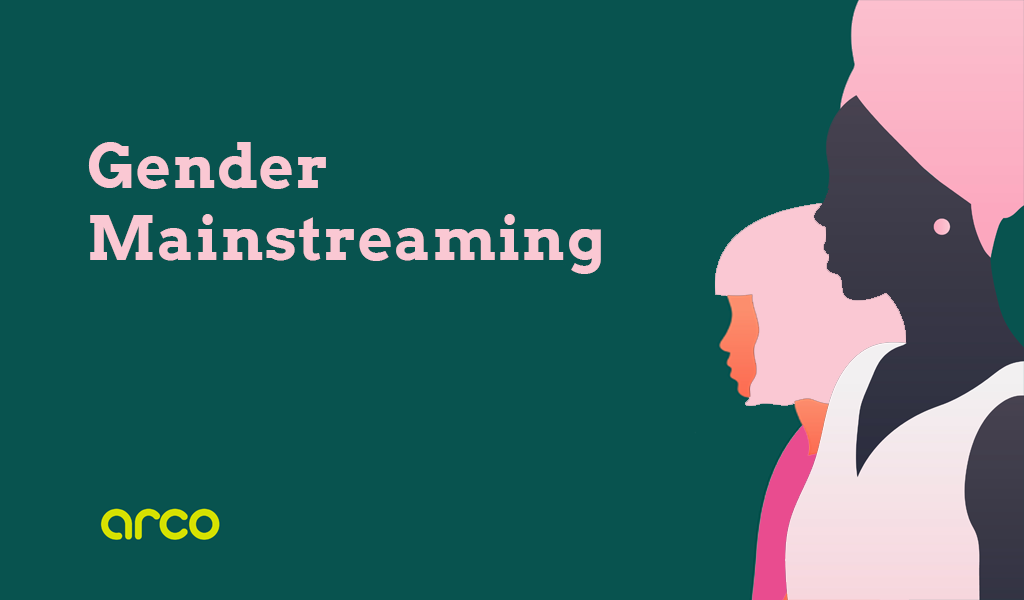
A gender lens: gender mainstreaming and evaluation strategies for development projects
When developing an evaluation strategy for a project or programme, regardless of the sector of intervention and the specific topics addressed, it is essential to ensure that phenomena are read through an inclusive "lens". Indeed, such an approach, which is also increasingly promoted by international development organisations (OECD DAC, 2019), makes it possible to distinguish [...]
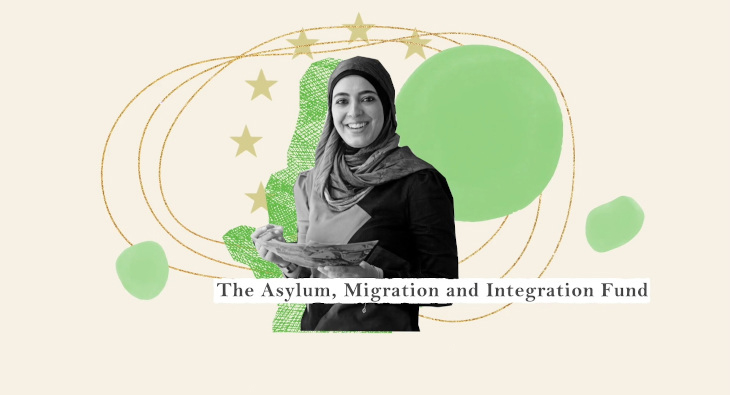
Evaluating projects tackling migration and sustainable human development
Understanding the link between migration and (human) development is fundamental to purse a more sustainable and inclusive future. Human mobility is at the same time part of the structural transformation process of human development and a factor that affects such process. In particular, migration potentially affects the well-being of the migrants and their families, communities [...]

The SECA model to measure the compliance of production processes in manufacturing SMEs
Firms play a leading role in the transition to sustainability since their organizational structure, management system, and innovation processes are all key drivers towards sustainability, inclusiveness, and productivity growth. The sectors characterized by a high presence of micro, small and medium enterprises (SMEs) don’t always have the appropriate tools and model to assess the application […]
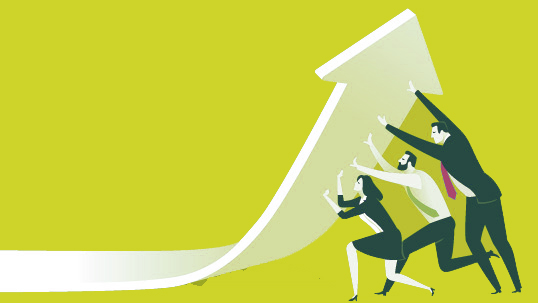
Labour policies and social inclusion: a critical analysis of Italy’s National Recovery and Resilience Plan’s Mission 5
The extraordinary resources provided by the #NexGenerationEU programme, implemented in Italy through the National Recovery and Resilience Plan (NRRP), offer an opportunity to rethink policies for inclusion and cohesion. On the one hand, these resources allow to contrast social impact of the COVID-19 pandemic, with particular reference to levels of unemployment, poverty and material deprivation, […]
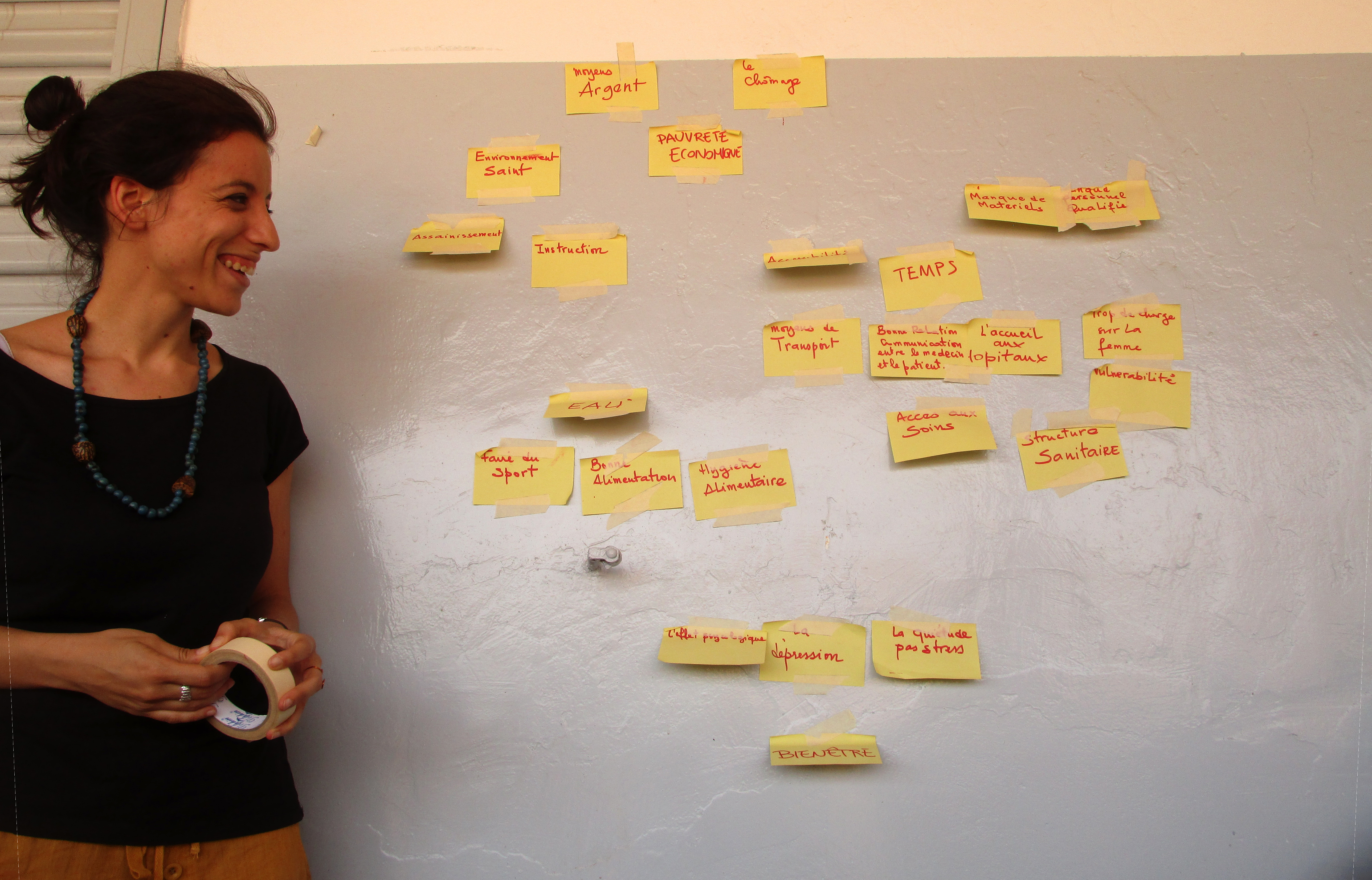
Gender Budgeting and participatory methods: ARCO’s contribution to Regione Emilia-Romagna guidelines
Regione Emilia Romagna recently published its “Guidelines for Gender Budgeting” to invite local municipalities to focus on a deeper analysis of their policies in terms of differentiated impact on women and men. These Guidelines have been inspired by the Well-Being BGbe approach and Martha Nussbaum and Amartya Sen’s Human Development Paradigm. The presented process for [...]
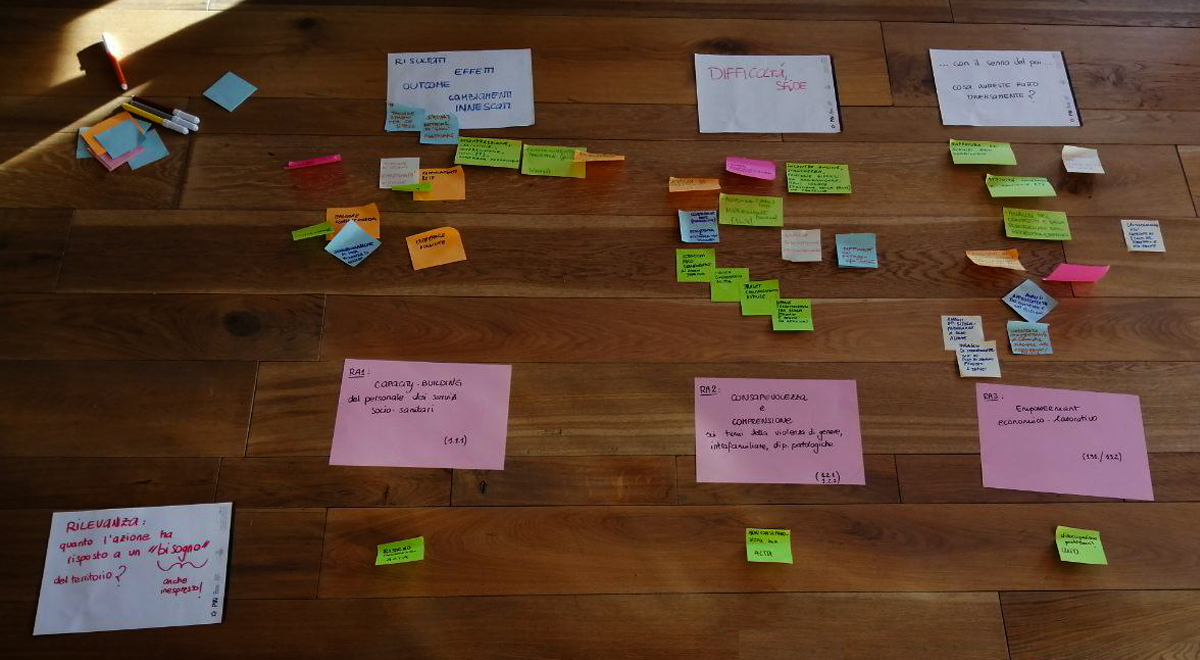
Outcome Harvesting: assessing your social impact
The Outcome harvesting is an evaluation methodology that allows to explore the intended and unintended, positive and negative outcomes triggered by an intervention of its beneficiaries and main stakeholders. Rather than comparing the planned outcomes with the achieved ones, the Outcome Harvesting collects evidence of outcomes defined as the changes in behaviour, practices, relationships and [...]

Social inclusion and COVID-19 : the effects of the pandemic in the Sahelian regions of Mali and Burkina Faso
The COVID-19 pandemic has had and still has important consequences on political stability, economic growth and social cohesion worldwide and the Sahel region doesn’t make any exception. The Department of Economics and Management (DISEI) of the University of Florence involved ARCO’s Inclusive Development Unit in a in depth study that aims to provide a comprehensive […]